Could the House’s procedural impasse set the stage for a federal election?
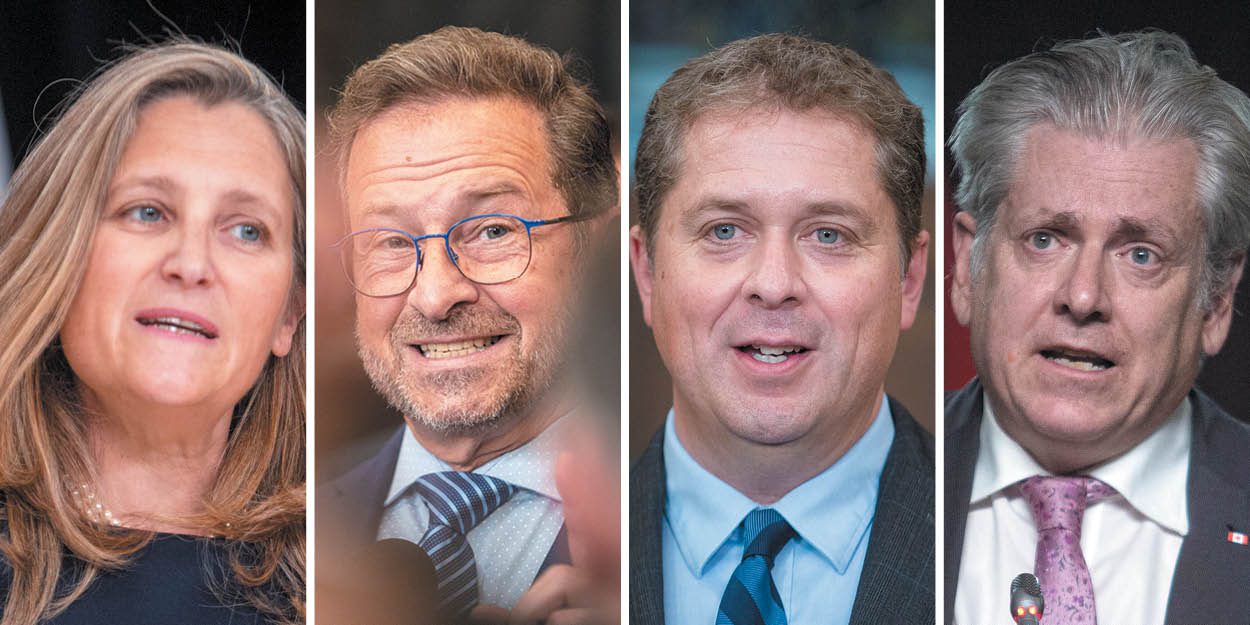
The Bloc Québécois is holding firm on its deadline for the government to meet its demands as parliamentary business becomes paralyzed in the House of Commons.
“We want things to go forward, and we might play a role in what’s coming in the next few days. Remember that next week is off, so the clock is ticking,” said Bloc Québécois Leader Yves-François Blanchet (Beloeil-Chambly, Que.) on Oct. 9 on the Hill.
The Bloc want its bills on Old Age Security (OAS) and protecting supply management in future trade deals to pass through Parliament by Oct. 29. If the Liberals miss the deadline, the Bloc said that it will begin talks with other opposition parties to bring down the government and set off an early election.
The hiccup? Regular parliamentary business in the House has come to a standstill over the past two weeks as MPs debate a privilege motion related to the now-defunct Sustainable Development Technology Canada (SDTC), now folded into the National Research Council.
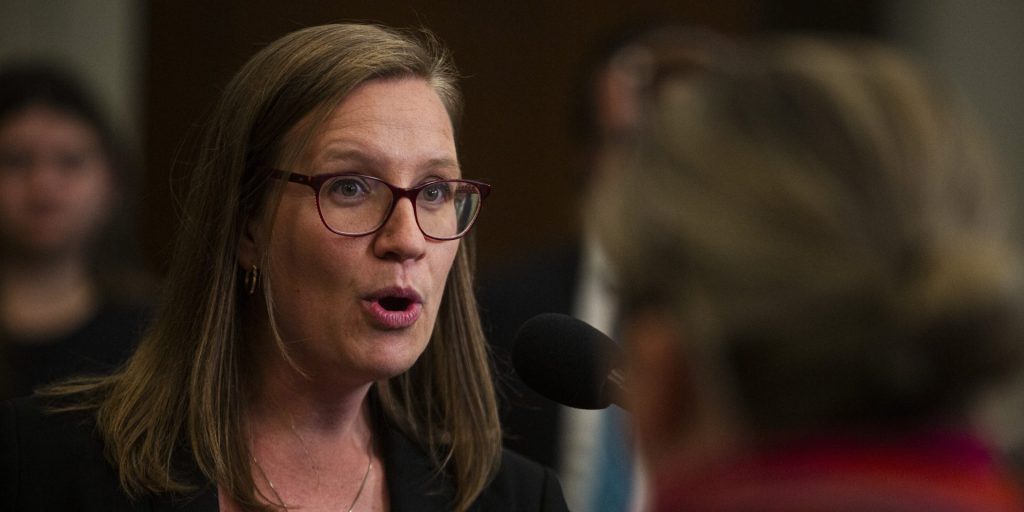
Last June, the auditor general found that the SDTC foundation awarded $59-million to 10 projects that were ineligible, and that $76-million in funding had conflicts of interest connected to the approval decision process.
The Conservatives are demanding the feds turn over all documents related to SDTC to the RCMP for a criminal investigation.
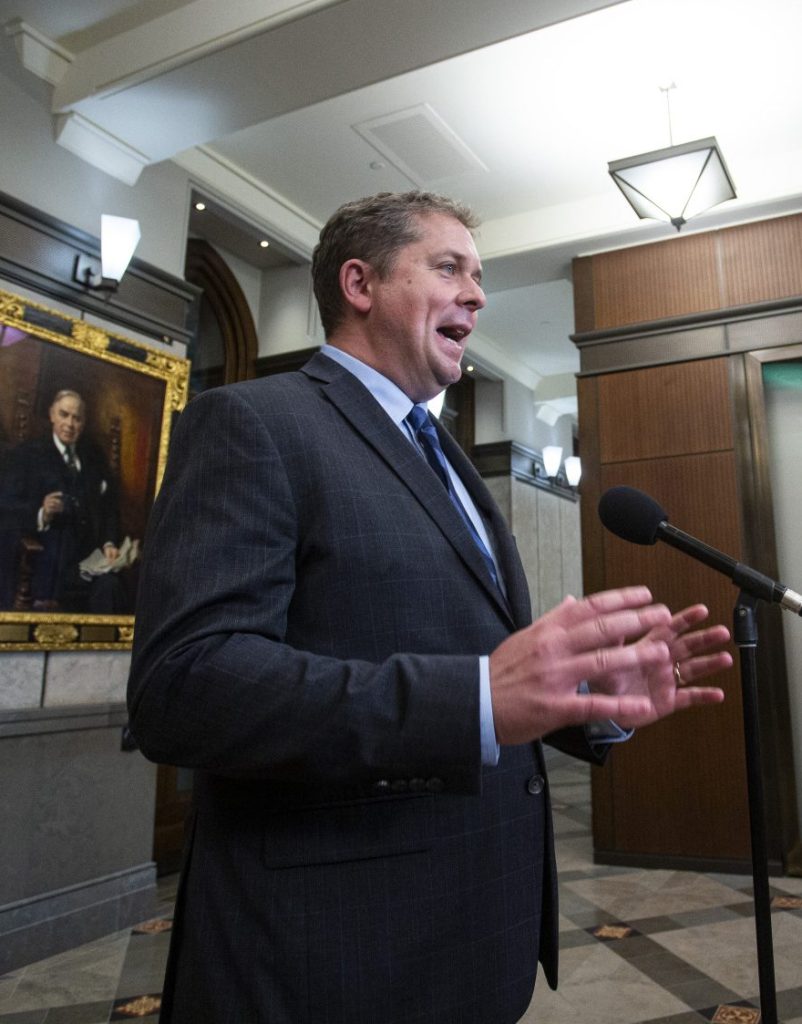
RCMP Commissioner Mike Duheme told reporters earlier this month that his agency has already received some documents related to the SDTC, and are currently investigating the foundation.
Also, all opposition parties said they support the CPC motion to refer the matter to a House committee.
But that hasn’t stopped the Conservatives from delaying parliamentary business, and creating headaches for the Liberals.
“Every day we’re debating privilege, we’re not debating important legislation for Canadians,” said Government House Leader Karina Gould (Burlington, Ont.).
The Bloc’s ultimatum
Motions of privilege take precedence over regular legislative business, meaning progress is languishing on the Bloc’s demands and other Liberal priorities.
“We have said what we do want in order to have this Parliament get back to work normally, and it is to have the royal recommendation on C-319. We are not responsible for the way other parties behave,” said Blanchet, who referenced his bill seeking to boost OAS payments by 10 per cent to seniors aged 65 to 74.
Since private members’ bills can’t force the government to spend from the public purse without its authorization, Bill C-319 needs a royal recommendation—official approval for government spending. Without it, the Bloc’s bill will stay stuck at third reading stage in the House.
So will the Bloc intervene to clear the impasse?
“We want things to go forward, and we might play a role in what’s coming in the next few days,” said Blanchet.
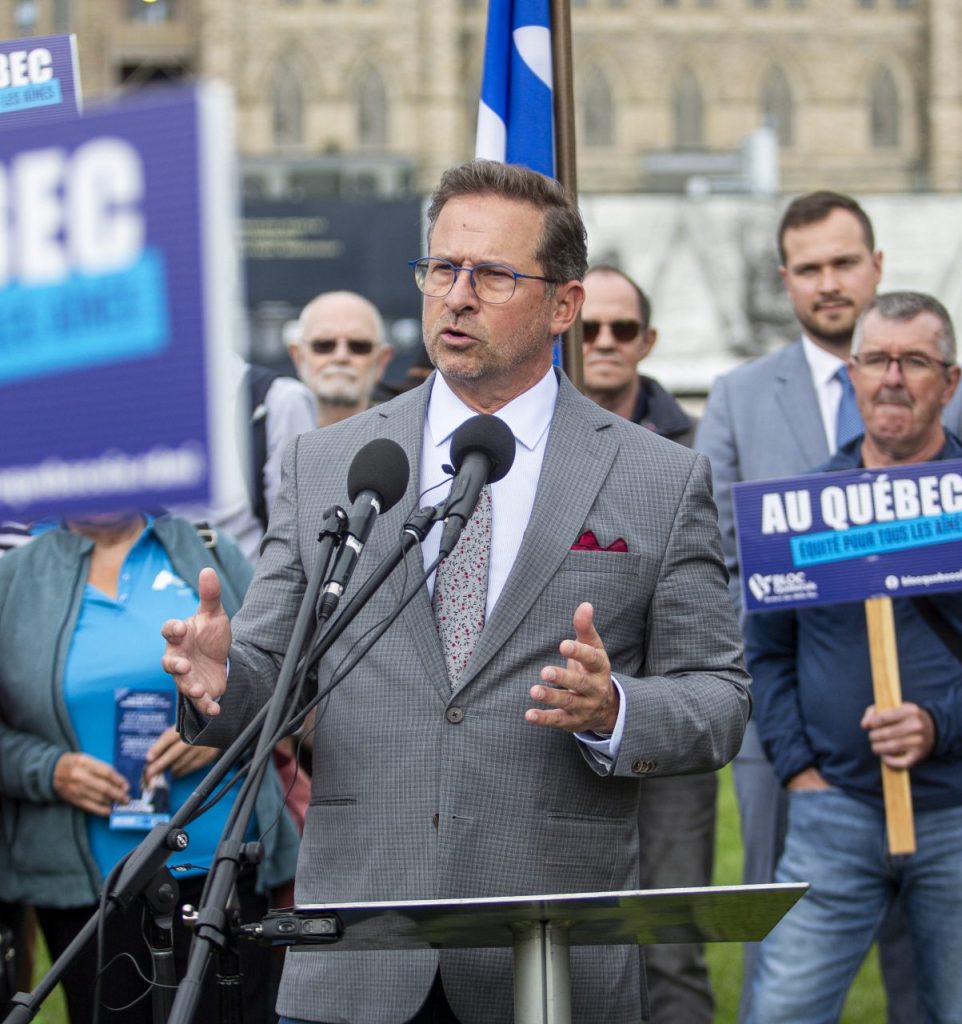
Bloc Québécois Leader Yves-François Blanchet announced his call for debate about increasing old age pension payments for all seniors at a Hill event on Oct. 1. The Hill Times photograph by Andrew Meade
Whether or not the Bloc make a move to clear the stalemate, the leader had been very firm in his election threat to the governing Liberals.
“If they do not seize the opportunity, then the most probable scenario will go forward. We will start discussing in order to have an election and compose a new Parliament,” said Blanchet following the Oct. 2 vote on the royal recommendation motion. The Bloc’s non-binding motion passed with the support of the Conservatives, NDP, and Greens.
When asked if the Liberals would consider proroguing Parliament to clear the impasse, Deputy Prime Minister Chrystia Freeland (University-Rosedale, Ont.) flat out said “no.”
Election speculation
The University of British Columbia’s Stewart Prest described the current political environment in the House as “unstable stability,” where parties are continually trying to position themselves in the new post-supply-and-confidence-agreement reality.
“One party clearly wants an election, two parties don’t really want it, and one seems willing to take it or leave it. And out of that we end up with a really interesting multi-dimensional bargaining space,” said Prest, a political science lecturer, to The Hill Times.
He added that this climate can produce very dynamic and chaotic outcomes—even possibly leading to an accidental election.
“I think it’s very easily possible that the parties will talk themselves, will manoeuvre themselves into an election, potentially even by accident. And it is a question of judgment, particularly between the Liberals and the Bloc at this moment. And a lot of this hangs on how badly the Liberals want to avoid the election, and how indifferent the Bloc is to going into one,” said Prest.
With the Liberals staring down the barrel of the Bloc’s threat, the feds could still turn to their old dancing partners, the New Democrats, to get themselves out of this bind with the Bloc Québécois.
“The Liberals can always look for another bargaining partner, as well. That gives them an additional reason not to acquiesce to that Bloc demand if the NDP can find another piece to extract from the Liberals, and declare victory there” said Prest.
Léger’s Andrew Enns told The Hill Times that, based on current polling, the Liberals and the NDP “can’t be in a big rush to go to the polls.”
Given those two parties’ polling numbers, he expects the “odds of an election are still fairly low” despite the procedural logjam in the House.
“This latest round of procedural delays is a little bit of a curveball, but I suspect they’ll figure out some way to move forward,” said Enns, Léger’s executive vice-president for Central Canada.
A game of chicken
While the procedural delays may be frustrating for the government, the Liberals said they are ready for a worst-case scenario.
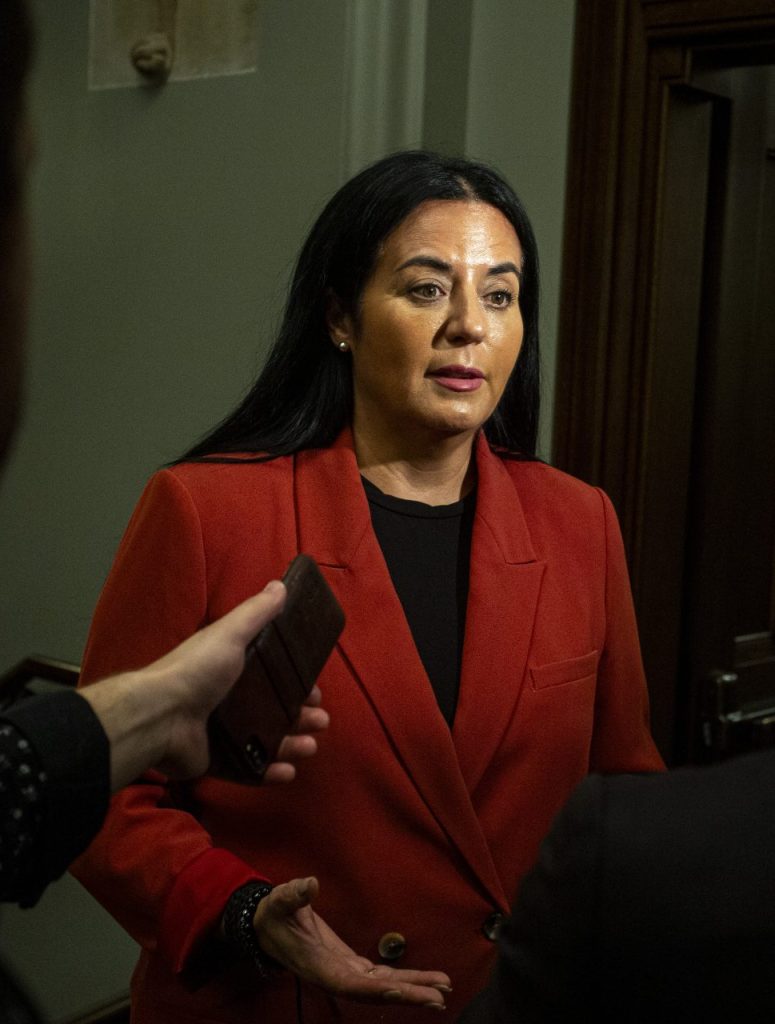
“We’ve been in minority governments before. I don’t think the Conservatives are doing right by Canadians by blocking their own motion. But we’re working on getting ready for a campaign. If it happens, and when it happens, we’ll be running,” said Tourism Minster Soraya Martinez Ferrada (Hochelaga, Que.), who’s also the Liberal Party’s National Campaign Committee co-chair, to The Hill Times.
As for the Bloc, Enns said “they could go to the polls because they’re sitting pretty good in Quebec, and that’s really all that matters. But I don’t think they’re necessarily adamant about it.”
Whereas the NDP say they will ride out this latest procedural storm.
“I don’t see that any party is interested in signing on [Conservative Leader] Pierre Poilievre at this time because he’s offering Canadians nothing except chaos. We have work to do, so we’ll ride it out until they stop their tantrum,” NDP MP Charlie Angus (Timmins-James Bay, Ont.) told The Hill Times.
But given NDP Leader Jagmeet Singh (Burnaby South, B.C.) very publicly broke up with the Liberals last month when he ripped up their supply-and-confidence deal, the New Democrats have found themselves in a tricky situation.
Prest said the NDP “talked themselves into a difficult rhetorical position by saying this government doesn’t deserve another chance.”
“This is how we can end ourselves up in an accidental election if the NDP don’t move and the Bloc doesn’t move and the Liberals don’t move. Two of those parties do have to find a way to work together and and if it comes to a final vote, we may very well see ourselves in a kind of game of chicken,” said Prest.
Something that Blanchet foretold could happen when Parliament returned for the fall sitting.
“We are playing chicken with four cars, eventually one will hit another one. There will be a wreckage,” said Blanchet on Sept. 16.
sduch@hilltimes.com
The Hill Times





 LICENSING
LICENSING PODCAST
PODCAST ALERTS
ALERTS













